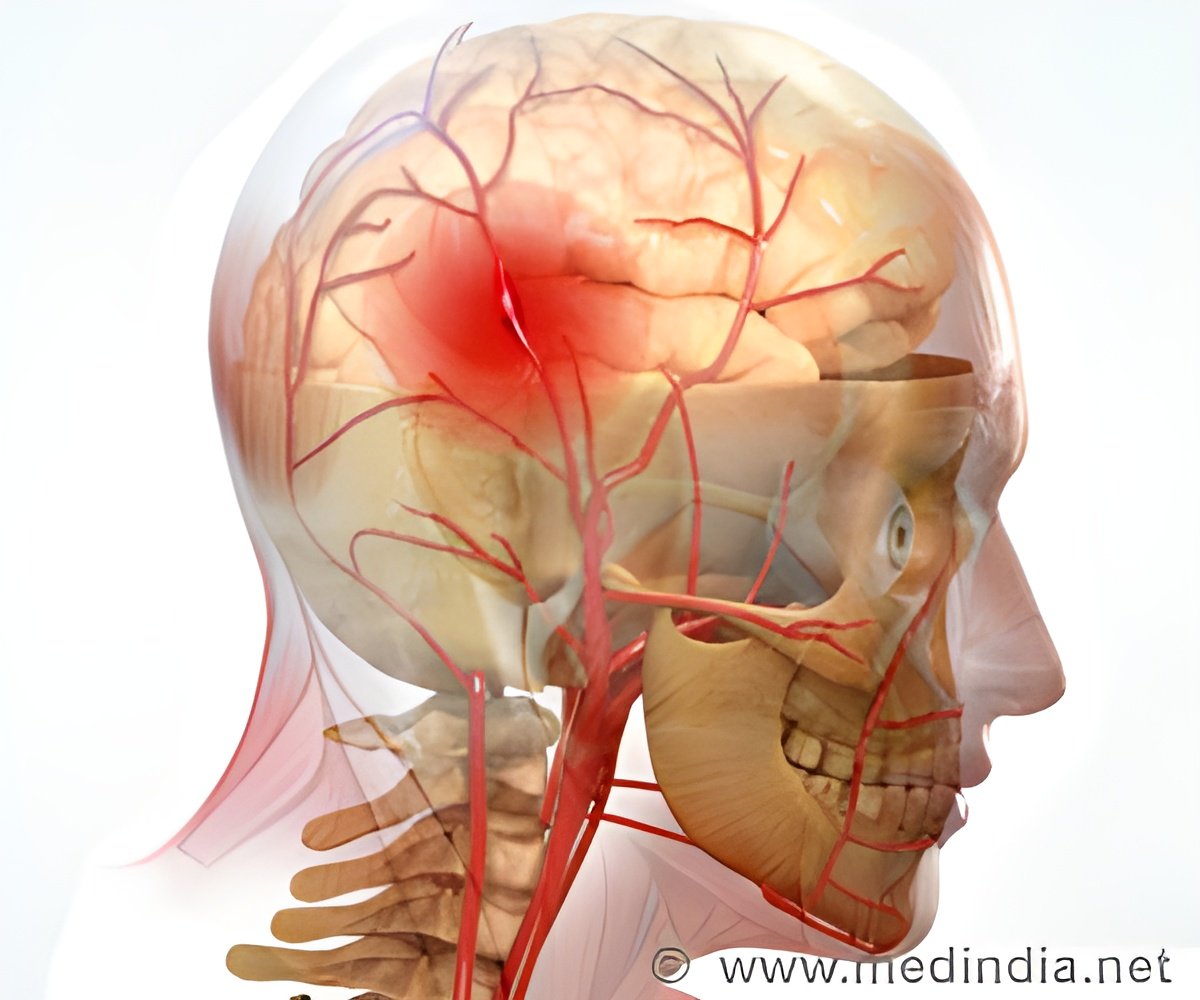The number of hospital admissions for strokes among 40 to 54-year-old men rose from 4,260 in 2000 to 6,221. Among women, it increased from 3,529 to 4,604 in 2014.

The number of hospital admissions for strokes among 40 to 54-year-old men in England rose by 46 percent from 4,260 in 2000 to 6,221 and among women it increased by 30 percent from 3,529 to 4,604 in 2014.
Overall, the number of strokes occurring in people of working age (20-64) has risen by a quarter within the past 15 years, the NHS figures show. This means more people are having to live with the financial burden of the condition, which can leave people with disabilities and unable to work, the charity warned.
It highlighted that strokes already cost Britain’s economy around £9 billion a year, with loss of income, due to a relative’s death or disability from a stroke, accounting for more than £1.3 billion of the total.
Jon Barrick, Chief executive of the Stroke Association, said: "These figures show that stroke can no longer be seen as a disease of older people. There is an alarming increase in the numbers of people having a stroke in working age. This comes at a huge cost, not only to the individual, but also to their families and to health and social care services."
He said that more needs to be done to raise awareness of risk factors in order to prevent strokes, which occur when the blood supply to part of the brain is cut off.
Source-Medindia
 MEDINDIA
MEDINDIA




 Email
Email










